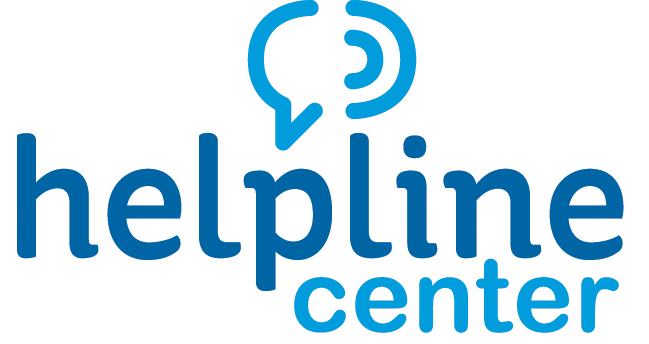Transitioning to Life Outside of Prison
As a person moves from incarceration back to life in the community, they face many challenges. Successfully meeting them will help reduce the chance of returning to prison.
Housing
There are halfway (temporary) housing options across South Dakota to help people re-adjust to community life. Many also provide substance use counseling, job skills training and help finding employment and support systems.
For long term housing options, federally subsidized housing assistance may be available – if a person meets specific guidelines including:
- Has not been evicted from a subsidized housing unit for a drug-related crime within the past 3 years
- Is not being placed on the sex offender list
- Has not been convicted of manufacturing or the production of methamphetamine on the premises of federally assisted housing
Those who meet these guidelines can apply directly to a subsidized housing property to apply for housing assistance, even though there are waiting lists in most areas. Applicants denied for subsidized housing can appeal the denial with the housing provider.
Individual landlords may have their own rules on leasing to former prisoners. Before starting to search for a place, it is a good idea to get a copy of your criminal record to share with prospective landlords. Instructions on how to receive an official copy and the form are available through the Division of Criminal Investigation: State only Background Checks.
Job Skills / Employment
Next to finding place to live, obtaining a job may be the biggest hurdle for people recently released from prison. The United States Department of Labor has a tip sheet for how to talk with potential employers about your conviction.
The South Dakota Department of Labor Job Service Offices offers a variety of services including a list of job opportunities, adult education, career exploration, readiness certificates, and job search tools.
Other Needs and Support
Some non profits or community organizations called “Re-Entry programs” have staff or volunteers can be helpful in providing support in a wide variety of topics/areas of life. Building a new circle of positive supports will be important to help make life challenging life style changes.
Also, remember that probation and parole officers want to help their clients to be successful. They may be aware of specific housing or job opportunities, or other community supports that have helped other people make a positive transition. They can be part of your team/support system as you work to implement changes in a variety of areas.
Someone newly released from prison may also be searching for other basic needs like food or clothing. The 211 Helpline Center has an easy-to-use way to create an individualized HelpList to find resources.
For more information, call 211 or search our online database:
- www.helplinecenter.org/2-1-1
- Enter your Zip Code
- Select Special Populations category
- Individuals Coming Out of Jail/Prison
- Select Special Populations category
- Enter your Zip Code
Sources:
- Housing and Urban Development
- South Dakota Division of Criminal Investigation
- South Dakota Department of Labor and Regulation
- United States Department of Labor
Disclaimer: This HelpSheet is developed by the Helpline Center. HelpSheets provide a brief overview of the designated topic. For more information, call 211 or text your zip code to 898211.
Updated: May 2024






